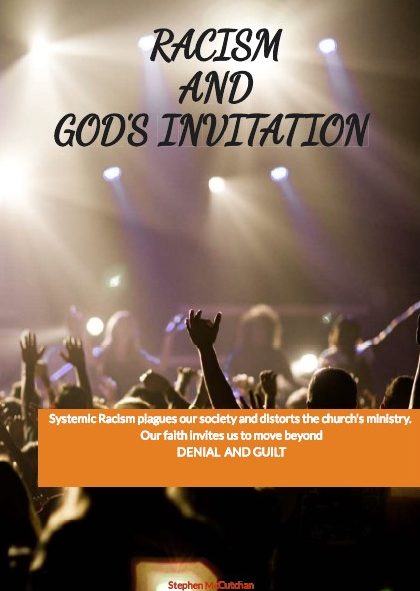WHAT MIGHT NOT HAVE HAPPENED
I have found comfort in occasionally reviewing the many “what might not have happened” events that changed my life. Here is one profound example.
I returned from a two-year Peace Corp experience in Peru in 1963. That experience influenced my desire to attend Union Theological Seminary where I believed I could integrate my new commitment to addressing poverty in our world with my Christian faith. Union helped me develop my understanding of a faith sensitive to the world and I was enthusiastically ready to be called to an inner-city congregation.
AN UNEXPECTED LECTURE
Then I heard of a voluntary lecture that was occurring at Union one evening. The speaker was Stokley Carmichael who had recently been in the headlines for his civil rights advocacy. Midway through the lecture, Stokley Carmichael paused and looked at the predominately Caucasian, mostly male, moderately liberal audience. His next few sentences altered the trajectory of my life.
As I remember it, he said, “I know you are sensitive to the racial division and the racism in this country. You feel guilty and want to actively participate in addressing racism. What I want you to know is that I don’t want you coming down into the ghetto and getting rid of your guilt off my back. Take your ministry out into the white suburbs where the racism and the power to change it reside. Fight it there, where it exists.”
A FIFTY YEAR JOURNEY
That began a 50-year ministry that involved many other things but always addressed the issue of racism and what we can do to address it. That continues even in my retirement as I’m developing a plan to adapt the Truth and Reconciliation Commission from South Africa as a model for how congregations might engage both their congregation and their society in moving our society forward in confronting racism.
TO BE PUBLISHED SOON AT WWW.SMCCUTCHAN.COM

OR SEND ME A REQUEST AND A PROMISE THAT YOU WILL READ IT AND SHARE YOUR RESPONSE AND I WILL SEND YOU A FREE PDF COPY.
SEND REQUEST TO STEVE@SMCCUTCHAN.COM